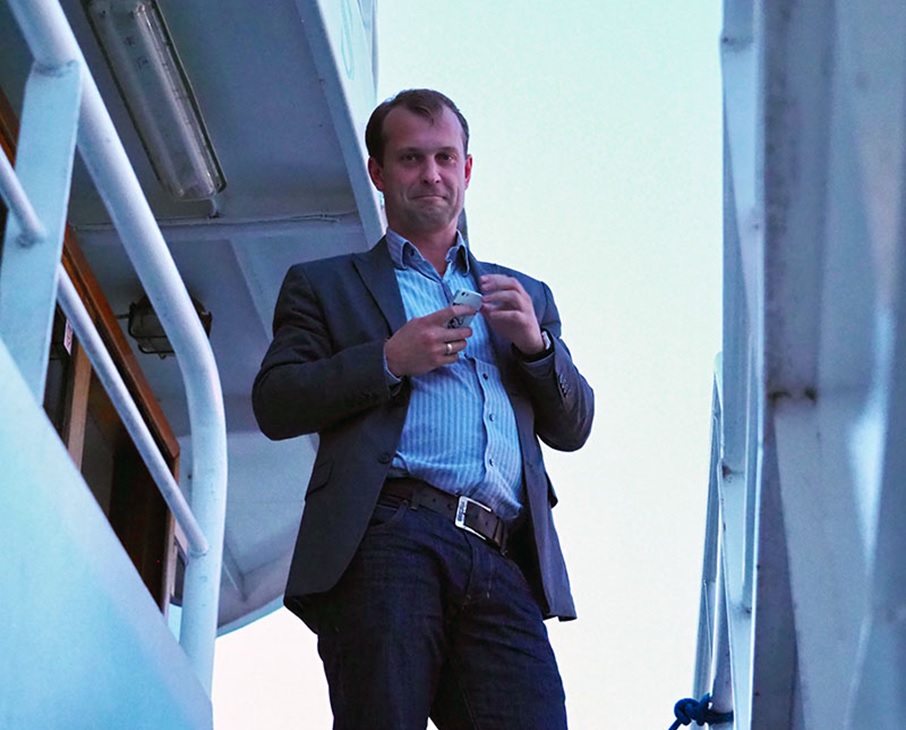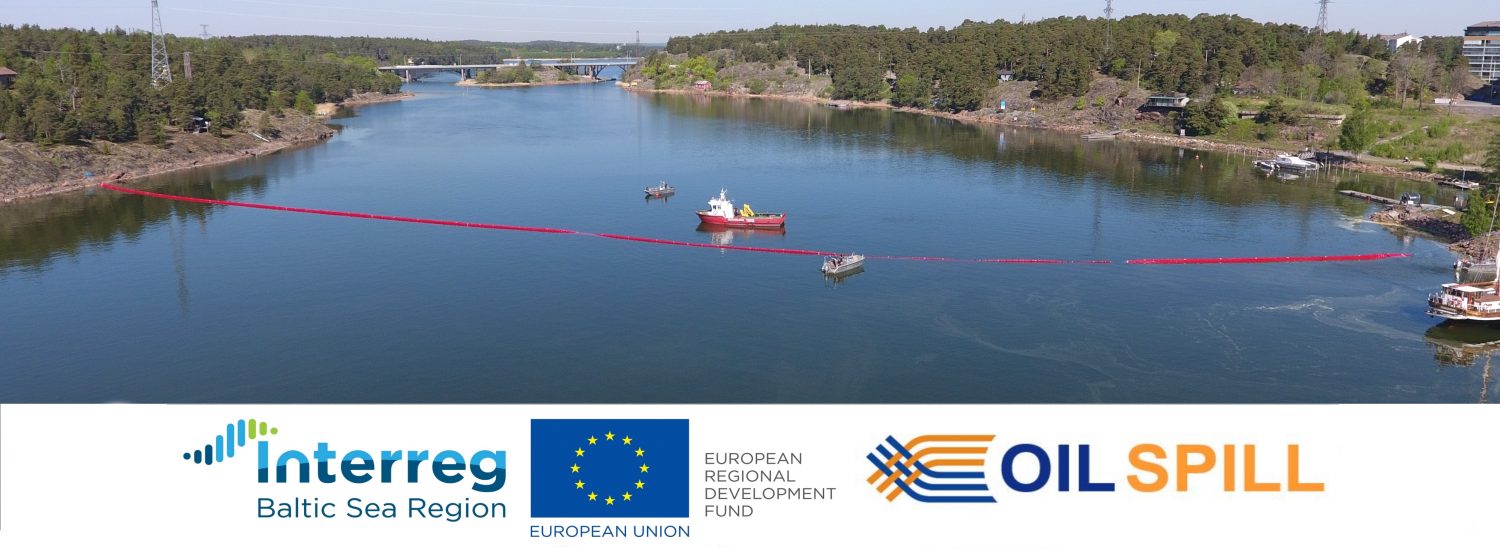Sergej Suzdalev from Klaipėda University Promotes Collaboration and Science-based Decision-making in Oil Spill Response (2/3)
The personnel of the Marine Research Institute in Klaipėda University (KU) is composed of experienced experts working in the fields of maritime ecology, environmental engineering and risk assessment. The staff is involved in developing solutions for proper detection of oil spills in marine areas, forecasting their drift and dispersion, and the detection of the most vulnerable ecosystems that can suffer from accidental pollution.
The group of experts on marine chemistry and ecosystems has been involved in a number of international initiatives addressing marine pollution and oil spills. These projects include, for instance, BRISK (Sub-regional risk of spill of oil and hazardous substances in the Baltic Sea), Oil spill Baltics (Development of solutions for effective oil spill management in South-Eastern Baltic), and ChemSAR (Operational Plans and Procedures for Maritime Search and Rescue in Hazardous and Noxious Substances Incidents).
KU also has a direct communication link to the navy of the Lithuanian Armed Forces. Since 2009, NAVY has been the main competent authority responsible for the search & rescue and pollution response operations and the coordination of the response process. Each year, it organizes a national oil spill response exercise at open sea, in inland waters, and onshore. In 2009, NAVY signed a cooperation agreement with the Klaipėda University concerning the expert training and joint research and cultural cooperation. Based on this agreement both institutions participate in the above mentioned international initiatives.
Sergej Suzdalev, OIL SPILL Project Coordinator at the Marine Research Institute, considers this collaboration crucial:
“Close cooperation with the Lithuanian navy and the inclusion of their experts in the implementation of international projects is important. It ensures efficient transfer of the European level scientific knowledge into the marine pollution related policies, including national contingency planning and response capabilities”.
Sergej is a member of the Aquatic biogeochemistry and ecosystem functioning research group, and he has coordinated several oil spill and hazardous substances related initiatives. Based on this experience, Sergej is certain that decision-making during the oil spill response should be science-based. Also the involvement of different stakeholder groups in the research activities is crucial for success.


Leave a Reply